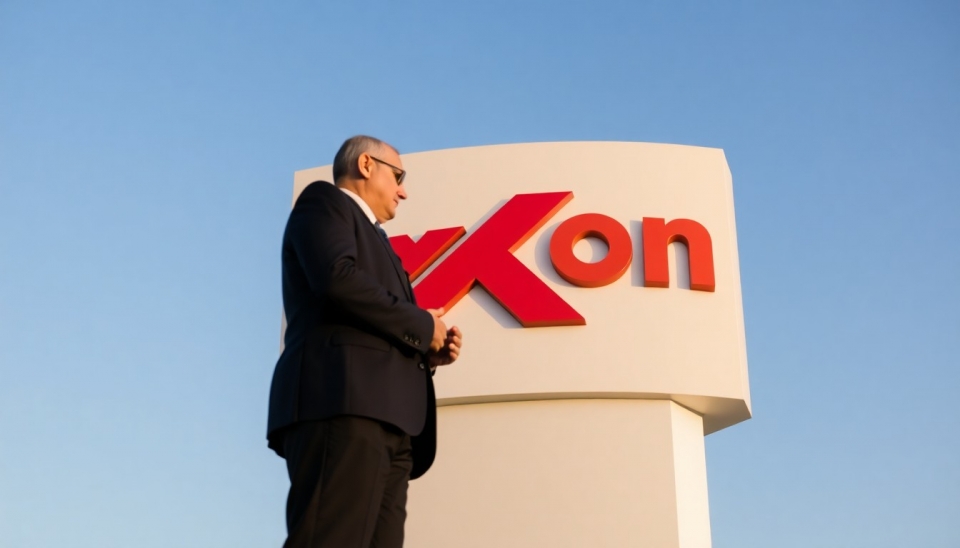
In a significant shift towards sustainability, ExxonMobil is investigating the potential of low-carbon power sources tailored for data centers. This strategic exploration aligns with the broader trend of energy companies seeking innovative methods to decarbonize their operations amid rising concerns over climate change and environmental sustainability.
As the demand for digital services continues to surge, driven by a rapidly growing online ecosystem, data centers have become significant consumers of energy. Traditional data centers, predominantly powered by fossil fuels, have raised alarms regarding their extensive carbon footprint. In response, ExxonMobil recognizes the urgent need for greener alternatives that not only meet the power demands of these centers but also contribute to a sustainable future.
According to sources close to the initiative, Exxon is examining a variety of low-carbon energy options, including hydrogen and renewables, to power these facilities. This exploration is part of the company's broader commitment to reducing greenhouse gas emissions while providing reliable energy solutions. The company’s dedication to a transition toward more sustainable energy forms indicates a willingness to adapt to the evolving energy landscape.
The move could see Exxon entering partnerships with technology firms and other energy suppliers that specialize in low-carbon solutions. Developing these relationships is crucial for creating a robust infrastructure that can handle the energy needs of data centers while adhering to environmental standards.
ExxonMobil's shift towards low-carbon power options is not just a proactive step in corporate responsibility; it is also a strategic business decision. As regulations around emissions tighten globally and investors increasingly favor companies with strong environmental, social, and governance (ESG) commitments, such initiatives may provide Exxon with a competitive edge in the energy market.
Market analysts have noted that as corporations globally emphasize sustainability, energy providers that fail to pivot could find themselves struggling to retain relevance. By embracing alternatives to fossil fuel consumption for data centers, Exxon is acknowledging the changing tides of market demand and regulatory pressures, positioning the company favorably for future growth.
Moreover, the energy giant recognizes that meeting the power needs of data centers with low-carbon solutions could alleviate some of the pressure on the grid. Data centers currently account for a significant portion of energy consumption in many markets, and the integration of renewable and low-carbon energy sources could contribute to a more balanced energy supply network.
As the investigation continues, ExxonMobil is likely to unveil more concrete plans and developments in the coming months. The energy sector is watching closely to see how ExxonMobil will navigate the complexities of low-carbon technology and sustainability while continuing to fulfill the world’s energy needs.
In conclusion, ExxonMobil's exploration into low-carbon energy for data centers represents a pivotal moment in the melding of traditional energy companies with modern sustainability practices. As the world grapples with climate change, initiatives like these highlight the importance of innovation and adaptation in energy production and consumption.
Stay tuned as we continue to cover this evolving story and more developments in the realm of sustainable energy.
#ExxonMobil #LowCarbonEnergy #DataCenters #Sustainability #ClimateChange #RenewableEnergy #GreenTech #EnergyTransition
Author: John Miller


